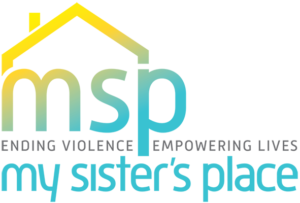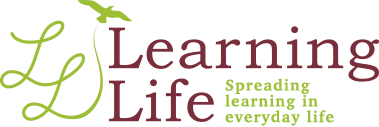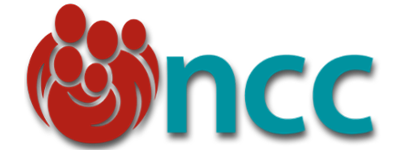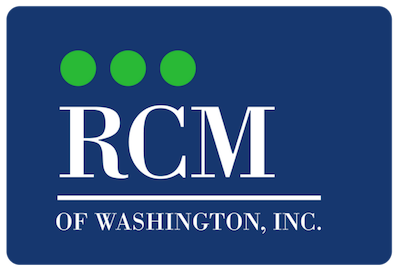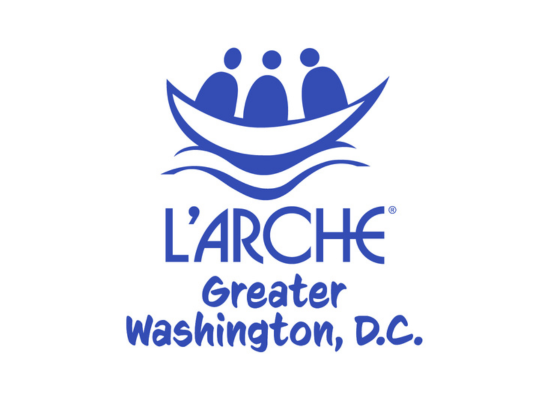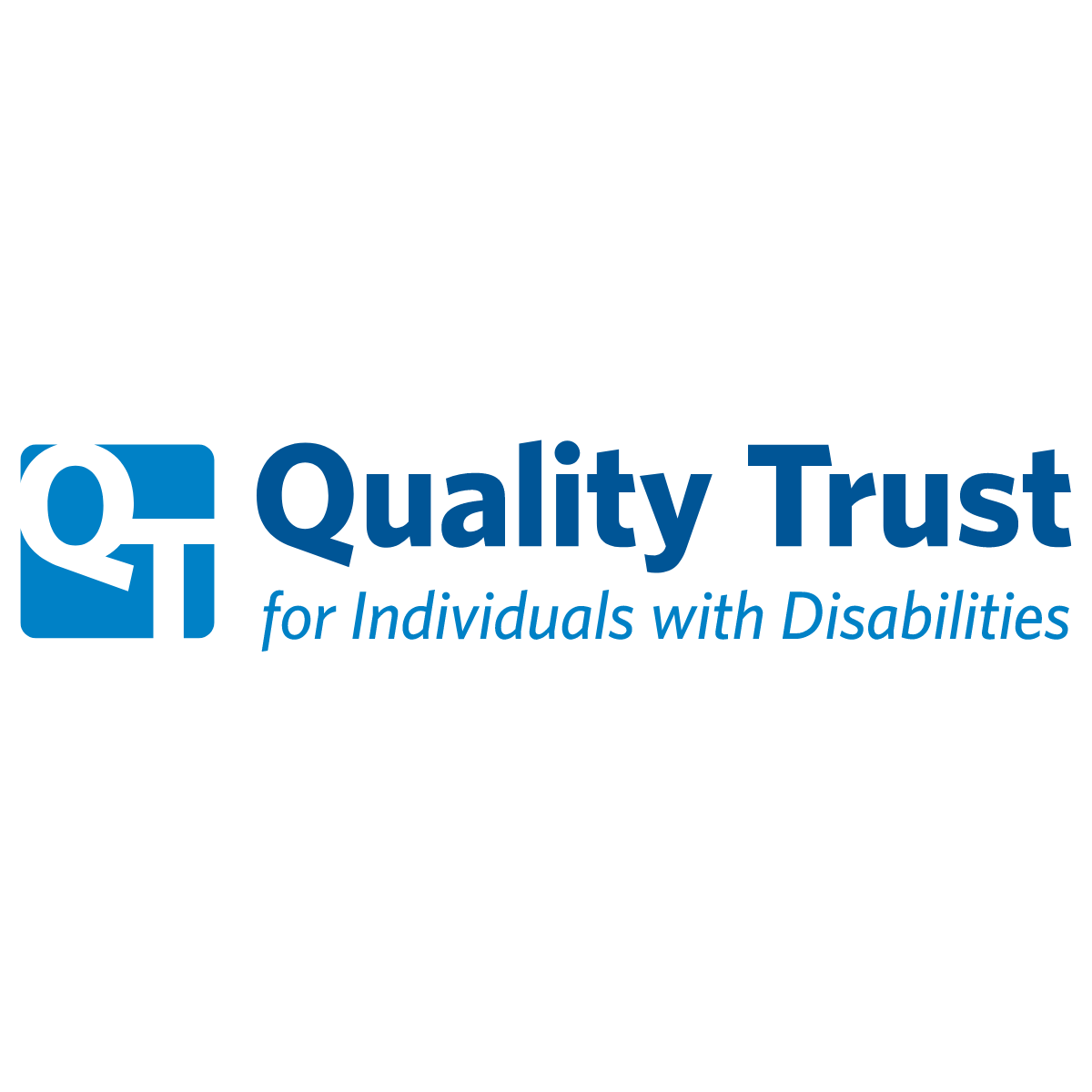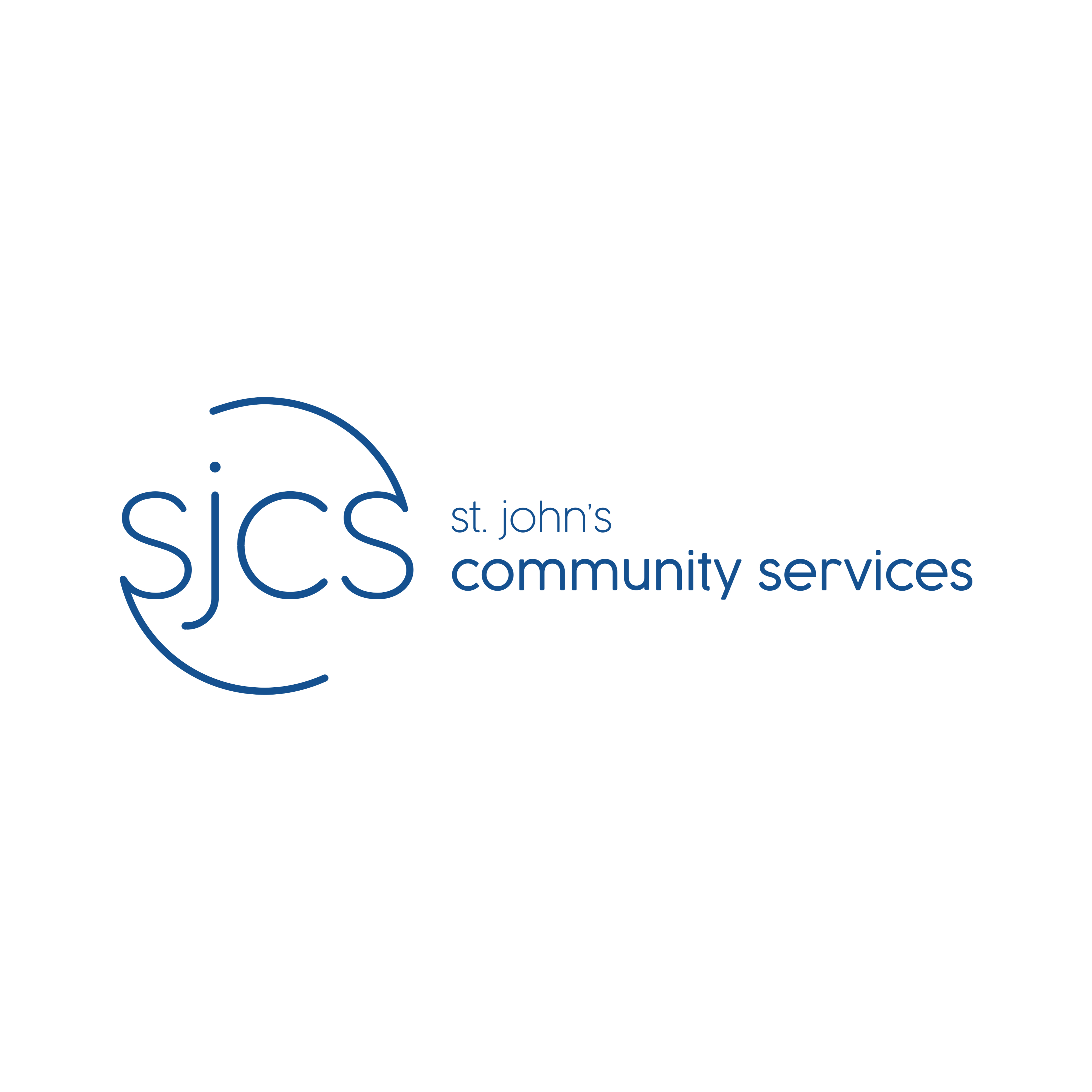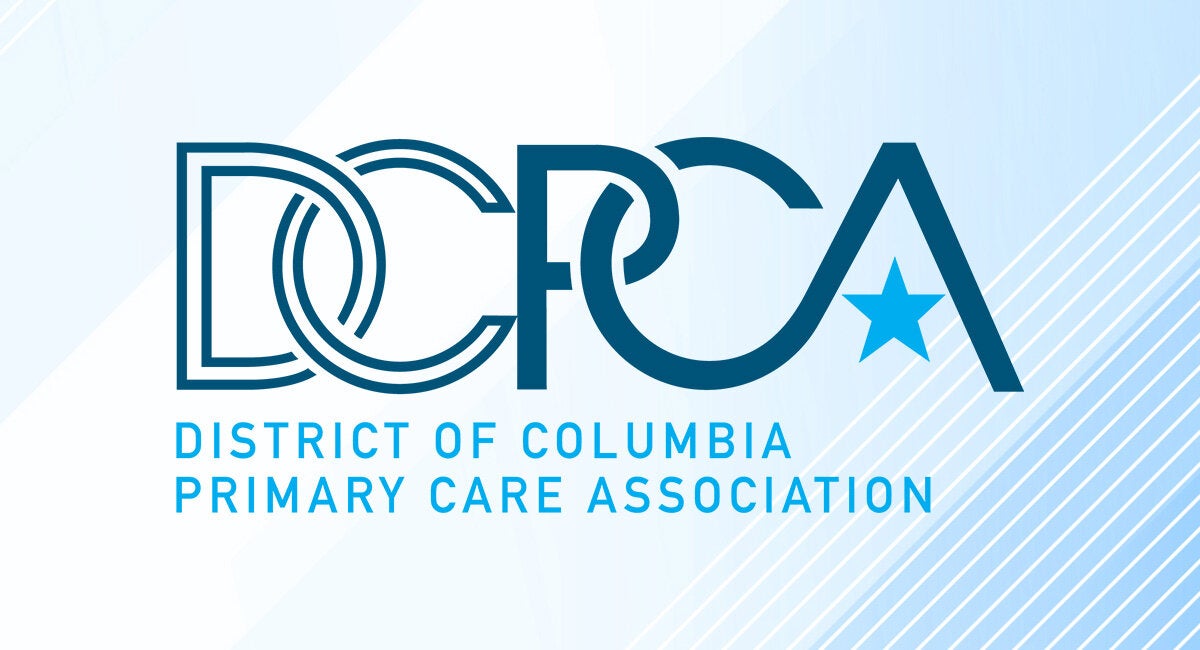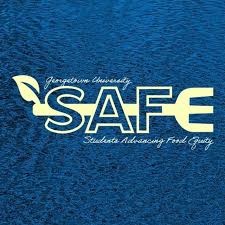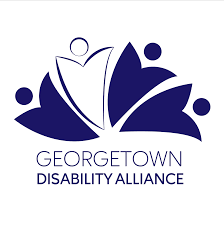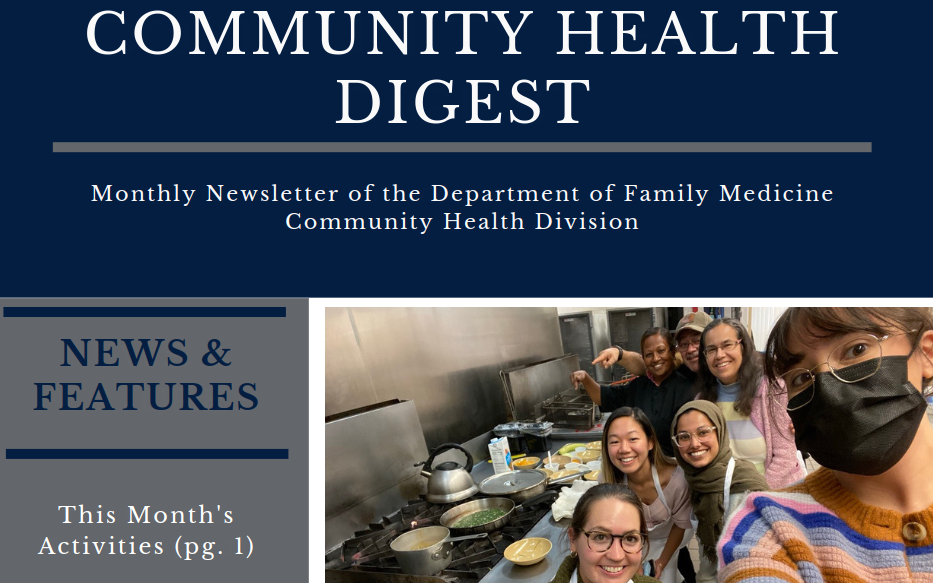Community Health Division
About Us
The Community Health Division is responsible for community-oriented medical education programs such as Community-Based Learning course and Community Health Leadership Development Fellowship, and various research endeavors. These activities are a reflection of the Division’s commitment to positively impacting the local community and nation by translating scholarship into action and expanding learning beyond the academic institution to the people and communities it serves.
Mission
Community Health Division’s overall mission is to provide a transformative learning experience that links the health and well-being of communities through community/campus partnerships, research, education and direct service. This mission fosters strong relationships between communities and educational institutions and promotes the health of medically underserved communities.
- Fulfillment of this mission is achieved by;
- recruiting and retaining community-engaged faculty leaders who embrace experiential pedagogies and teaching excellence
- emphasizing democratic community/campus partnerships through education programs
- developing and empowering medical students to be civic-minded and good stewards of the public trust
- supporting and encouraging community-based scholarly research, diffusion of innovations and academic rigor
- being a resource in the community for effective economic, political, ecological and systems change
- serving as a catalyst for individual reflection, rejuvenation and collegial support
- and promoting human health and wellness through novel prevention efforts and improved access to proven programs and interventions
Values
The Community Health Division fosters social justice and the highest quality of life without disparities based on age, gender, sexual orientation, race/ethnicity, income, geography, religion, and/or disability. Division faculty, staff, community partners, and students uphold these values in all of their community-oriented activities
- The Division’s core values are:
- Life-long learning and nurturance of an individual’s unique skills, knowledge, beliefs and contributions to academic achievement
- Recognition and respect for diversity
- Interconnectedness with communities on and off the Georgetown campus; appreciation of the strengths and contributions of communities
- Advancement of a culture that serves, respects and promotes the dignity of each person, as reflected in Georgetown University’s cura personalis mission.
Partners
The Community Health Division partners with the Place Matters team in Prince George’s County, MD (a partner initiative created at the Joint Center for Political and Economic Studies), the Port Town Community Health Initiative (a collaborative including Kaiser Permanente, Consumer Health Foundation, The Meyer Foundation, and United Way), the Learning Life program, National Children’s Center, Developmental Disabilities service and advocacy organizations including Revitalizing Community Membership, Project ACTION!, and the D.C. Coalition., and various local Community Health Centers and Community-Based Organizations.
The CHD has strengthened its current partnerships with higher learning institutions to foster health disparities research at George Mason School of Public Policy, University of District of Columbia’s Department of Public Health and Coppin State University School of Nursing. CHD continues to engage in established partnerships at Georgetown with the Thrive Center for Children, Families, and Communities, the Department of Pediatrics, the School of Nursing, School of Health, and the clinical departments of Psychiatry and Emergency Medicine.
Community-Based Learning Partners
Outside Partners For Student Opportunities
- Outside Partners For Student Opportunities include;
- Boston College’s Institute for the Study and Promotion of Race and Culture
- Boston College’s Global Public Health and the Common Good Program
- Biomedical Science Careers Program (BSCP) at Harvard Medical School
- Universidad San Francisco de Quito Global Health Program ( USFQ)
- New England Science Symposium at Harvard Medical School
On-Campus Partners
Local and National Collaboratives
Association of Clinicians for the Underserved (ACU)
The Association of Clinicians for the Underserved (ACU), a nonprofit organization of clinicians, advocates, and health care organizations, is committed to improving the health of medically underserved Americans and supporting the health care clinicians who serve them. ACU provides these clinicians with information/research, relevant networking and training opportunities, and other services.
Campus-Community Partnerships for Health (CCPH)
The Campus-Community Partnerships for Health (CCPH), a nonprofit organization, promotes health through partnerships between communities and higher educational institutions. It consists of over 1,800 communities and campuses across North America (and the world) that are working together to promote health through community-based partnership strategies.
Learn and Serve America
This is a Corporation for National and Community Service program that (directly and indirectly) facilitates service-learning projects in elementary and middle schools, community organizations, and institutions of higher education. Learn and Serve America provides grant support, as well as training and technical assistance resources. It also gathers and disseminates “research, effective practices, curricula, and program models” and officially recognizes students who conduct outstanding volunteer service with scholarships and awards.
Points of Light Foundation & Hands on Network
Points of Light & Hands 0n Network, a national nonprofit organization, works to help solve social problems by effectively engaging people and resources in volunteer service. It supports volunteer centers and similarly engaged agencies, provides knowledge and resources to volunteers, and more.
Keep Up With Family Medicine!
Interested in reading more about what we are up to? Check out the links below to learn about some of the work our scholars do and the community partners we work with.


